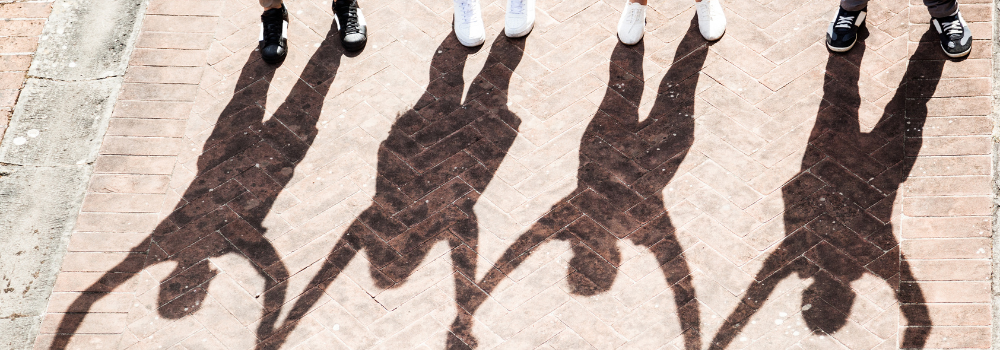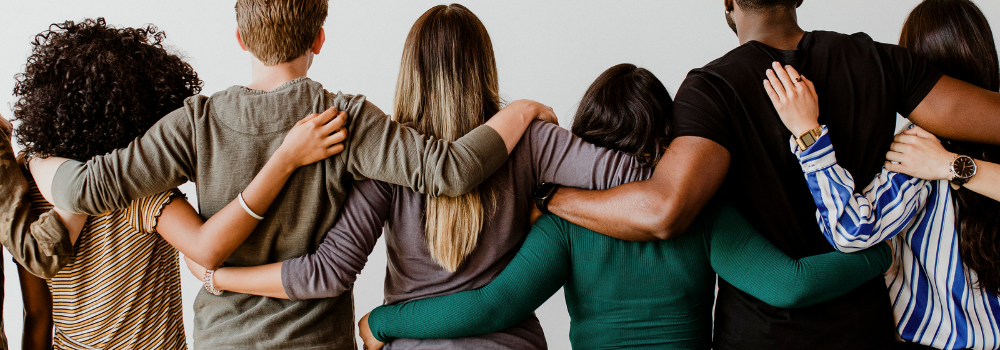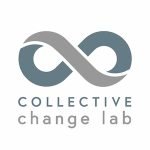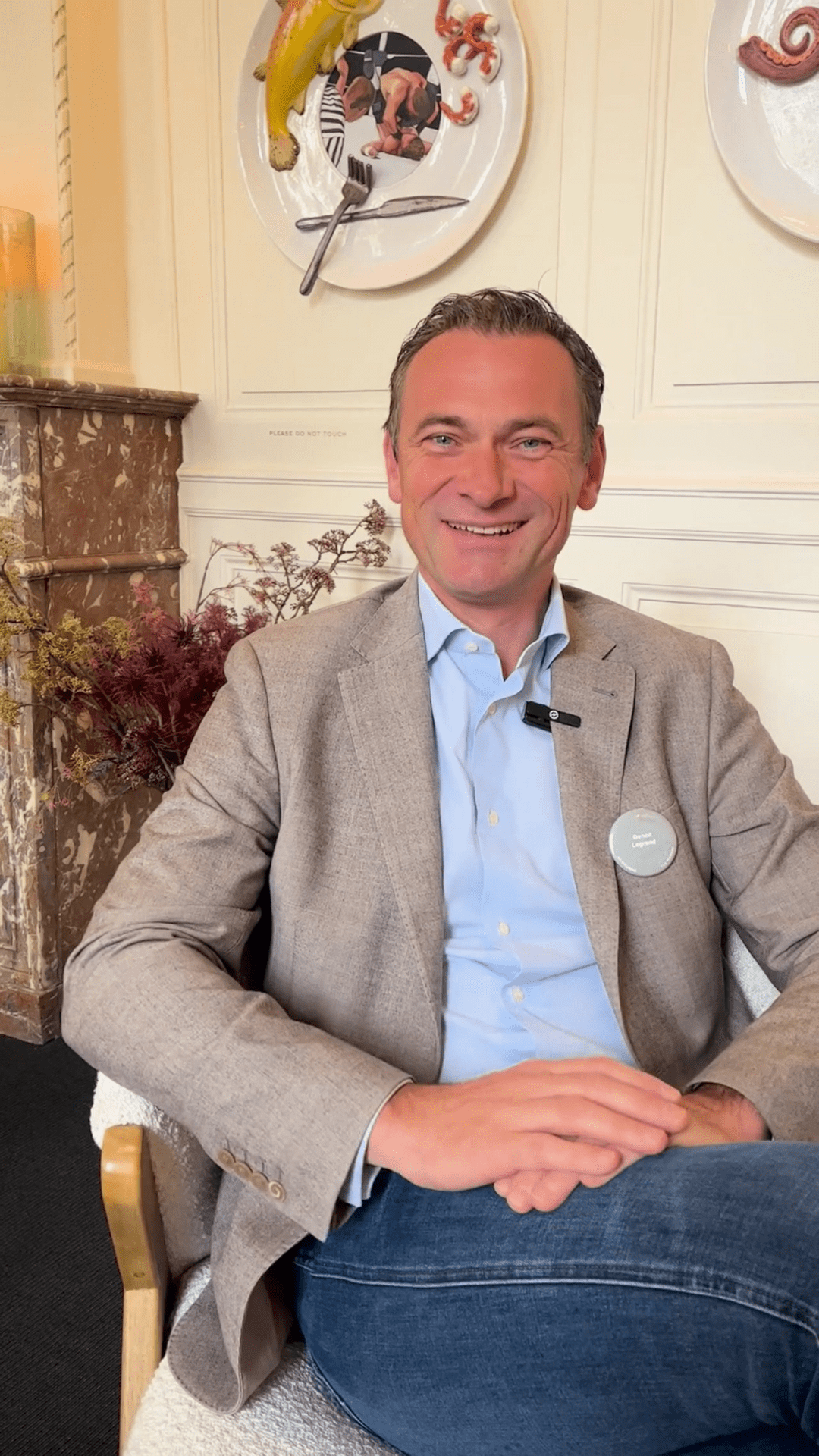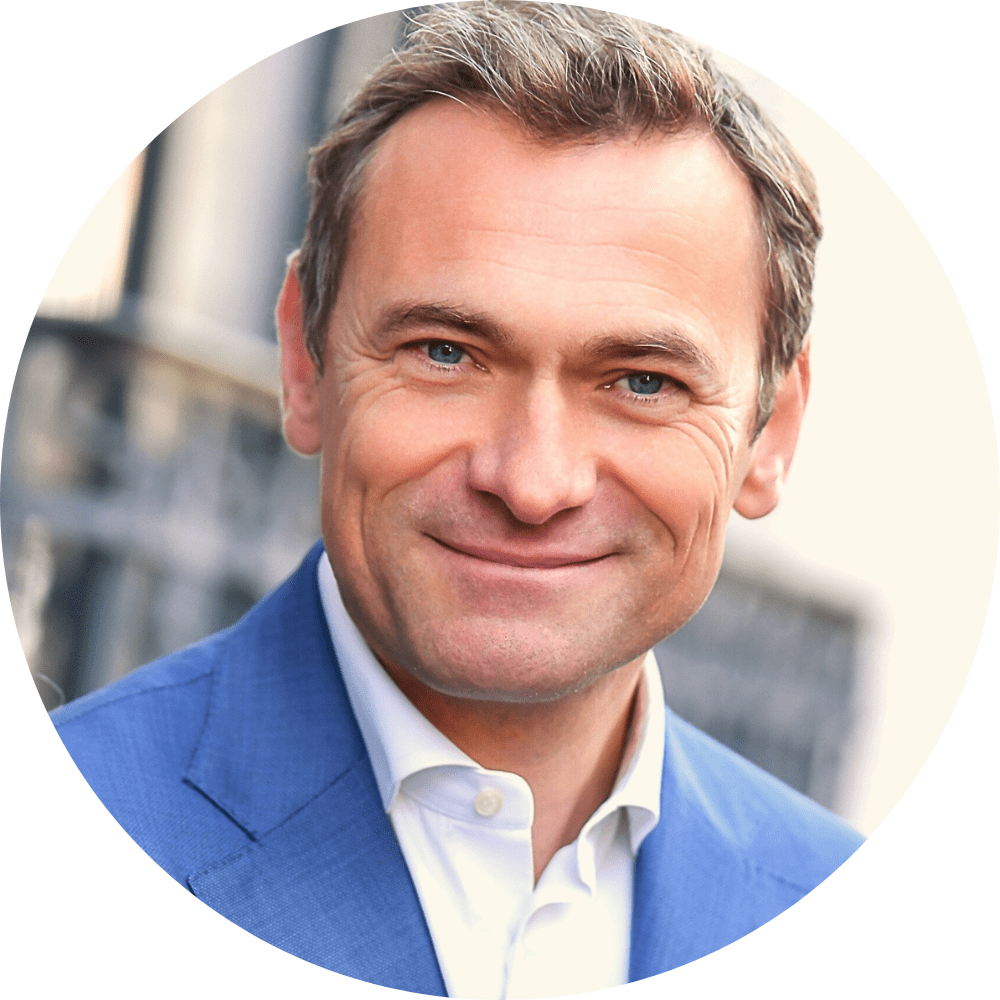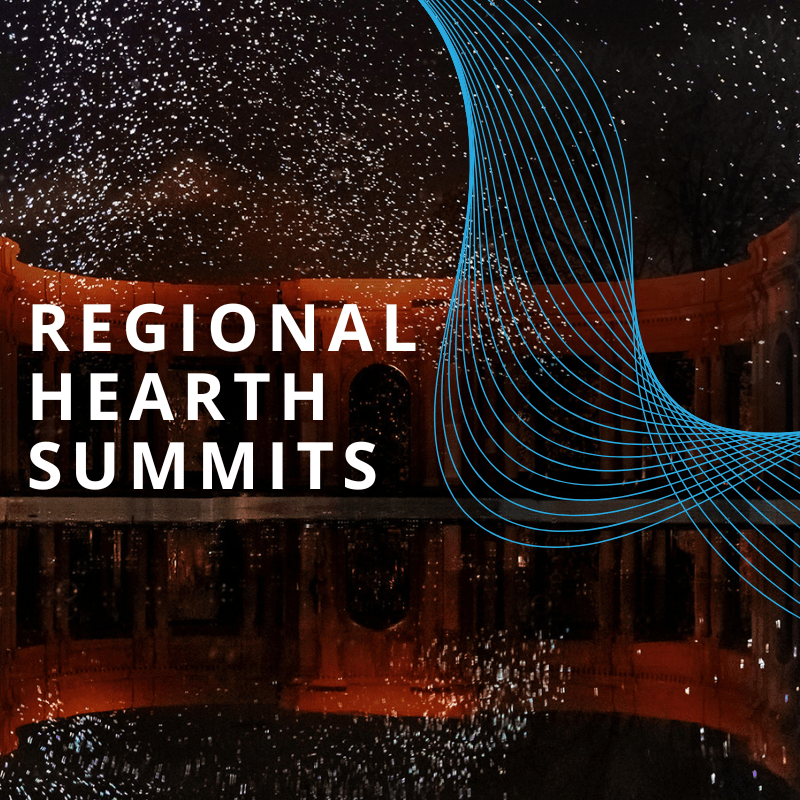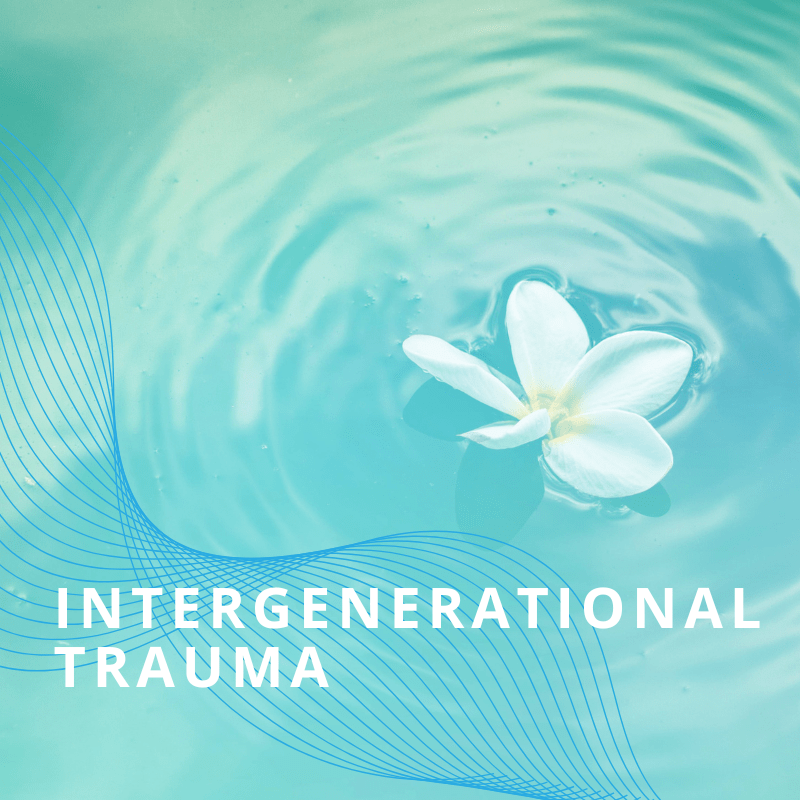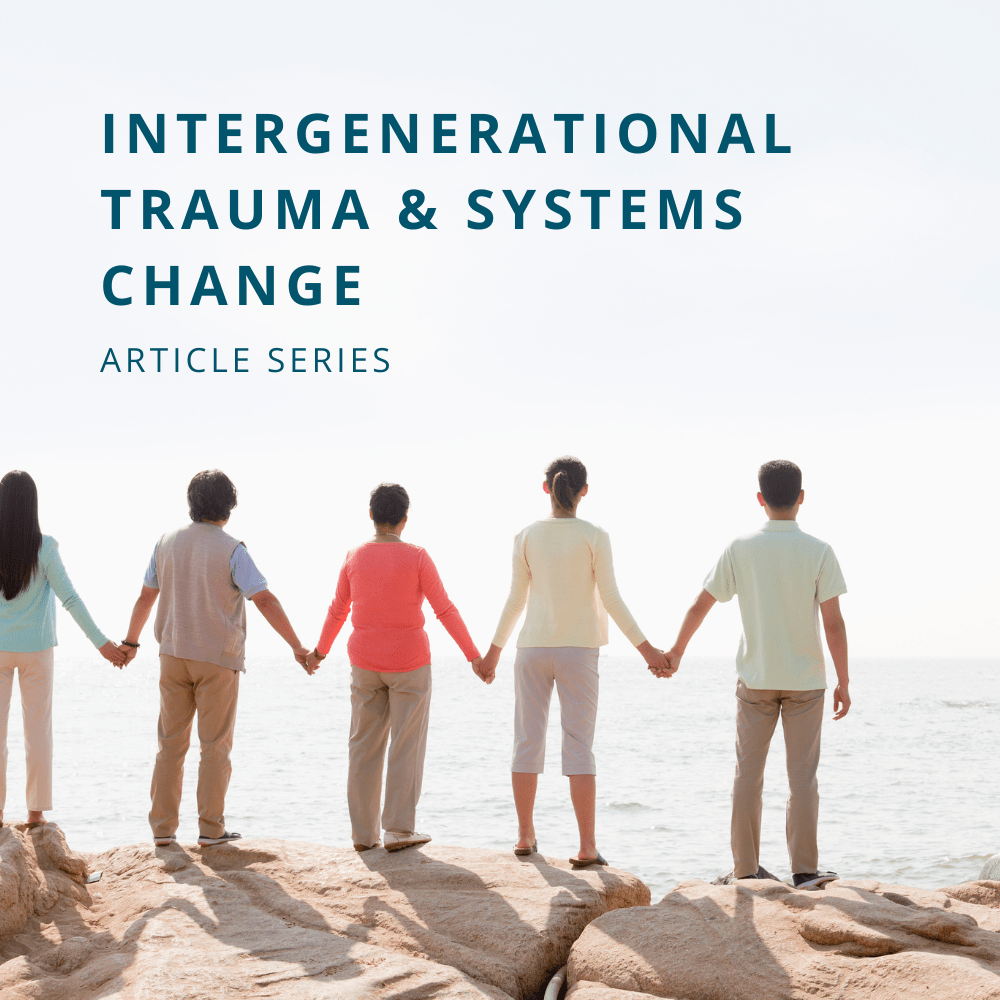Join The Organizational Wellbeing Community Of Practice ( OW – CoP ) Join The Organizational Wellbeing Community Of Practice ( OW – CoP )
The OW-CoP will build upon the insights gained through the OWEP experience and foster shared learning, collaboration, and support among a wider range of organizations committed to enhancing their wellbeing practices. A total of 22 organizations, including the eight OWEP members, will be invited to participate in a two-year program consisting of online meetings with specialized coaches, peer support, optional individual coaching sessions, case studies, and one annual in-person retreat.

Who is the Program For?
This program is tailored for non-governmental organizations (NGOs) committed to embarking on an organizational wellbeing journey and building a community of shared learnings. While prior experience with wellbeing frameworks is advantageous, it is not mandatory. Each organization may engage up to two participants.
Why Join the OW-CoP?
- Collaborative Learning: Connect with other +20 organizations eager to exchange experiences and foster a culture of wellbeing.
- Community Support: Gain from a network of like-minded individuals dedicated to promoting organizational health.
- Diverse Perspectives: Collaborate across various sectors to deepen your understanding on wellbeing practices.
- Organization’s culture development: Benefit from the tools provided by the coach and the learnings shared by peer organizations to implement wellbeing strategies in your organization.
How the OW-CoP operates
- Duration: June 2025 – June 2027 (with potential extension based on participants’ feedback).
- Participants: 22 organizations (with up to 2 members per organization), including the eight original OWEP members
- Format: Interactive online meetings, peer support sessions and personalized coaching.
- Annual Retreat: Participate in an enriching in-person gathering each year.
Kick-off Event:
Launch Gathering: Join us in Ljubljana, Slovenia on June 16, 2025, just before The Wellbeing Global Hearth Summit (June 17-20) for a one day in-person retreat
A welcoming dinner will be held on June 15th.
Flexible Engagement Options:
Recognizing that each organization has distinct needs and capacities, we offer a flexible engagement model with various participation levels to accommodate your schedule and ensure that you can maximize the benefits of this program.
Commitment Details:
- Format: Combination of online meetings and an annual retreat.
- Duration: Two-year program with continuous support.
- Time Commitment: Tailored options to align with your organization’s needs.
- Cost: The OW-CoP program has no costs for participants. However, while lodging during the in-person annual retreat is covered by the program, the travel expenses are the responsibility of each participant. One member per organization is invited to each retreat.

Ready To Elevate Your Organizational Wellbeing? Ready To Elevate Your Organizational Wellbeing?
Save the date! Our call for applications will be open from February 20th, until March 31st, 2025. Seize this opportunity to join a transformative movement for enhancing organizational wellbeing. For questions or concerns please contact us at eugenia@wellbeing-project.org.



